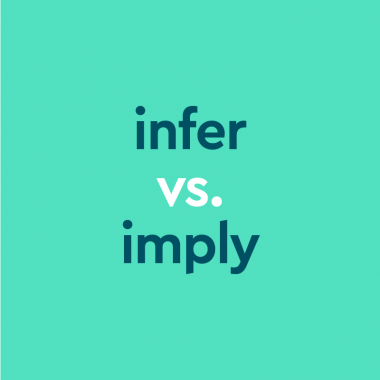5 Easy Ways Word Of The Day Can Kickstart Kids’ Vocabulary
Learning a new word every day is a great way to build vocabulary. And the best way to do it is with the Dictionary.com Word of the Day! Each day, we deliver a Word of the Day video with a fun explanation of the word, what it means, and examples of how it’s used. And now, you can use these five fun steps to help …









